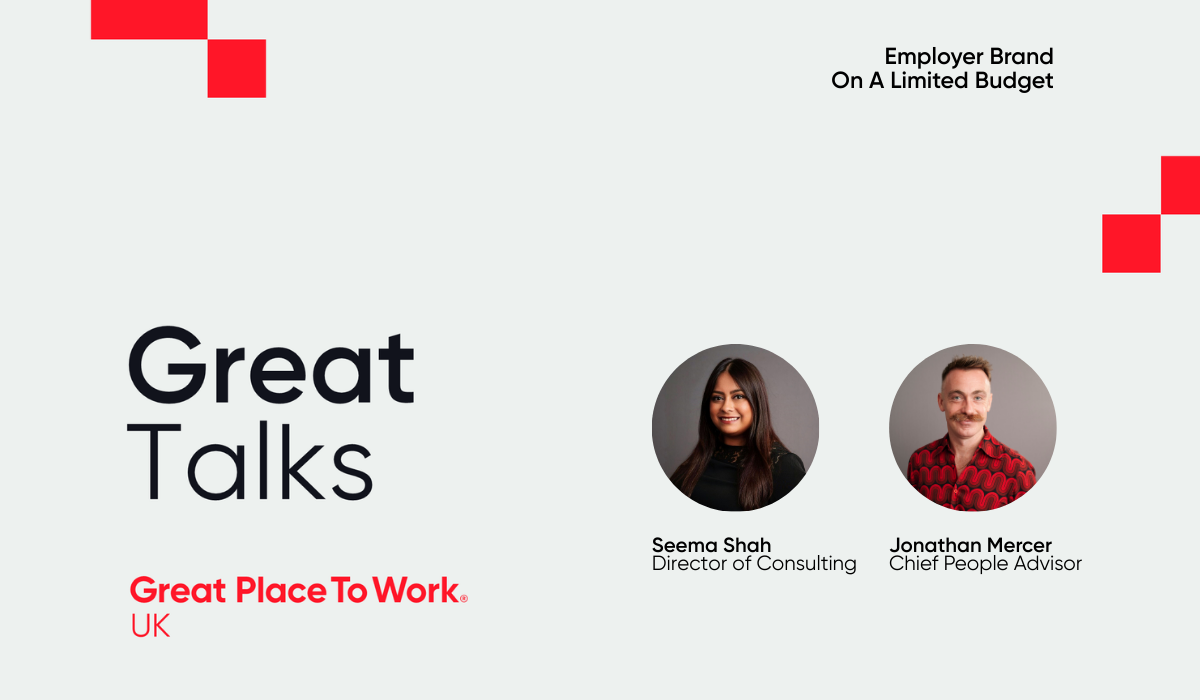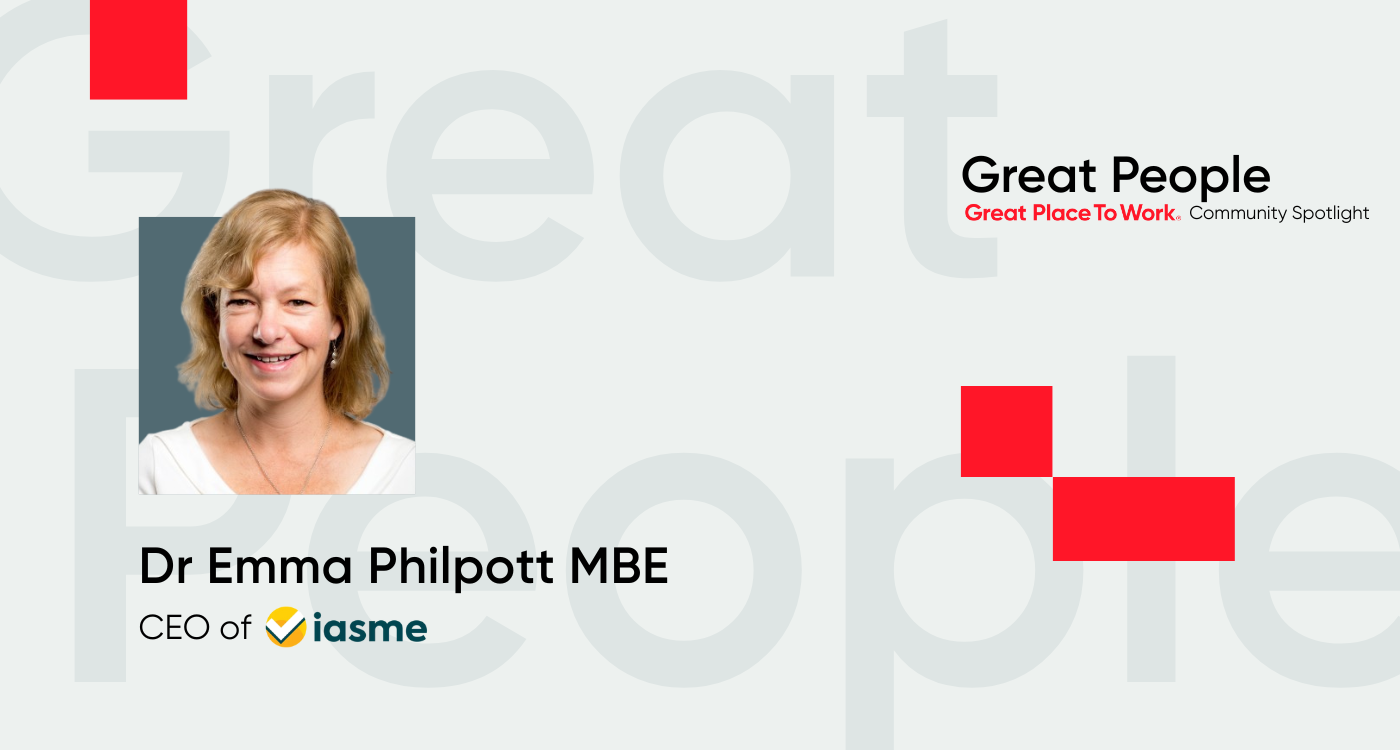Organisations are competing for the best talent across divergent profiles and multiple generations. This requires a wide range of recruitment channels necessary to ensure attraction of varying candidates. We asked respondents from over 900 organisations in 13 European countries about their current hiring practices and future recruitment plans.
Technology will meet tradition, not replace it
Traditional recruitment methods – such as employer branding, hiring from within and accepting referrals from employees – remain key ingredients for successful talent acquisition. These methods will continue to deliver a superior outcome as they are the most prevalent and successful approach for HR leaders.
However, recognising that 90% of the current job market is candidate-driven, managers are beginning to understand the value of utilising technology. Gen Z and future generations are increasingly influenced by and dependent on technology, resulting in a more blended and integrated approach to recruitment.

Social media channels preferred to mobile app recruiting
Just over two-thirds of HR leaders in the UK cite recruiting new talent using social media (specifically LinkedIn, Twitter and Facebook). Interestingly, only 13% of managers report the use of mobile recruiting (e.g. using career apps to engage and convert candidates). Similarly, Norway shows a 69% use of social media recruiting with only 18% mobile recruitment, while Austria’s mobile recruitment is less than half the usage cited for its hiring via social media.
In Spain – which showed the highest percentage (15%) of HR managers using AI to enhance the hiring experience (compared to 7% in the UK) – Vodafone’s mobile recruitment is currently focused on Millennials and uses specific plans and innovation in mobile-friendly platforms. Videos present job openings as well as manager and colleague testimonials, the usual tests are gamified, and virtual interviews are provided to make the process more agile.

Turns out, most of us have gotten Millennials wrong
Far from being selfish job-hoppers, Millennials are searching for a position with great leaders, fair base pay and adequate support for their real-life needs. When organisations deliver on these demands, Millennials produce for their companies, big time. Employer brand advocacy is also improved with Millennials shown to be 149 times more likely to strongly recommend their company to friends and family if they feel they belong to a great place to work.
In addition to financial security and flexible working hours, digitally native generations also place huge emphasis on belonging to the right workplace culture, working in an environment where they have opportunities to make an impact, and belonging to a workplace offering plenty of recognition. Many organisations have reacted by running career fairs, securing partnerships with university student associations and offering internship programmes – all of which are used to varying degrees across Europe.

Creativity inspires rich data for future practice
Aside from technology and digital innovation, workplaces across Europe are reaping the benefits of implementing out-of-the-box initiatives at different stages of the hiring process – including the post interview stage. Intuit UK invites groups of former (unsuccessful) candidates and interviewers to a ‘Whine & Dine’ dinner at an upmarket London restaurant to discuss their interview experience. This informal setting, with free food and drink, enables Intuit’s employees to speak to the former candidates about how they found the interview process, allowing the company to obtain rich, detailed feedback which is then used to make improvements to create a better experience for future candidates.
Whatever the hiring strategy, it’s clear that HR leaders must tailor their recruitment channel and practice to better fulfill candidates’ needs. Using relevant technology, acquiring accurate data on younger generations, and getting creative with candidate feedback has significant impacts on hiring effectiveness, efficiency and, ultimately, the overall success of the organisation.
Learn more in the full report on Hiring Across Europe, or get in touch to speak to one of our consultants about how we can help you improve your hiring processes.
%20(1).png)




.png)





